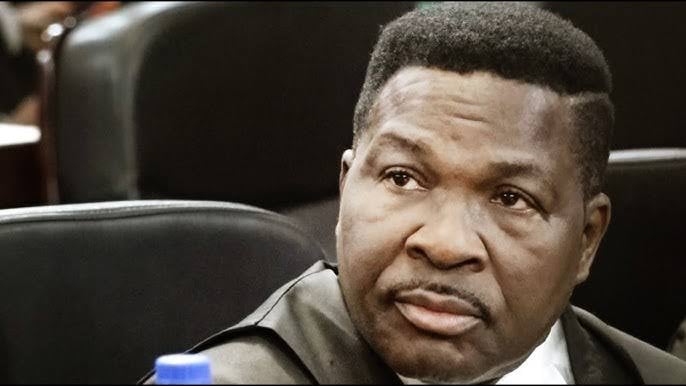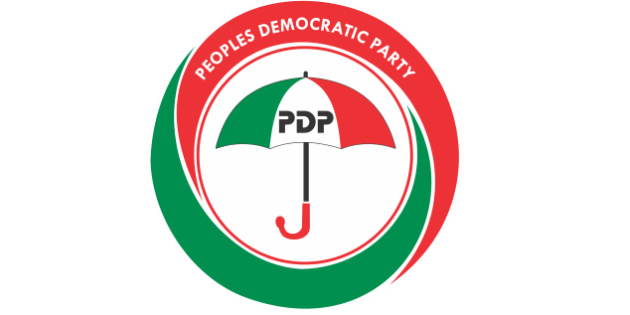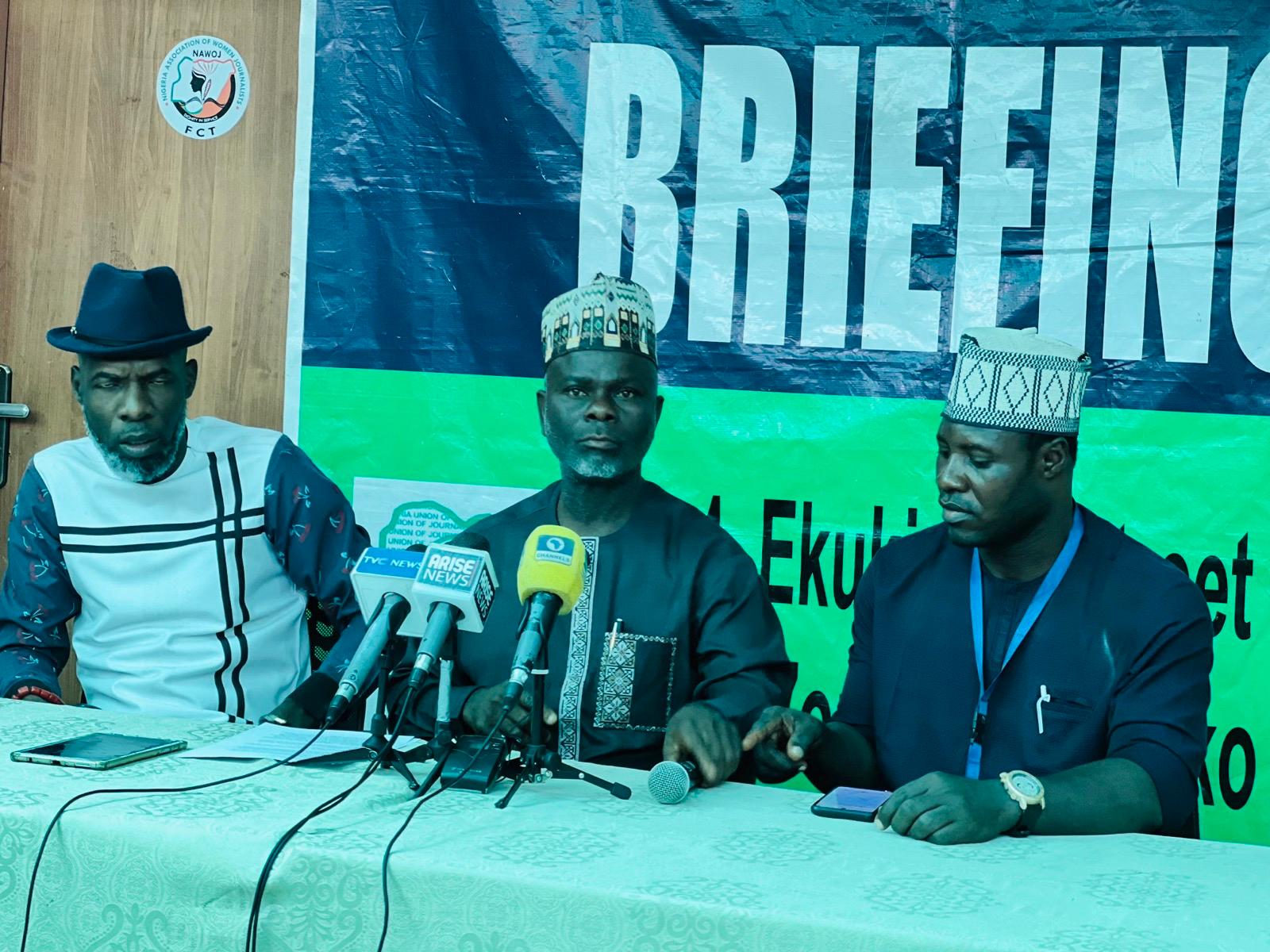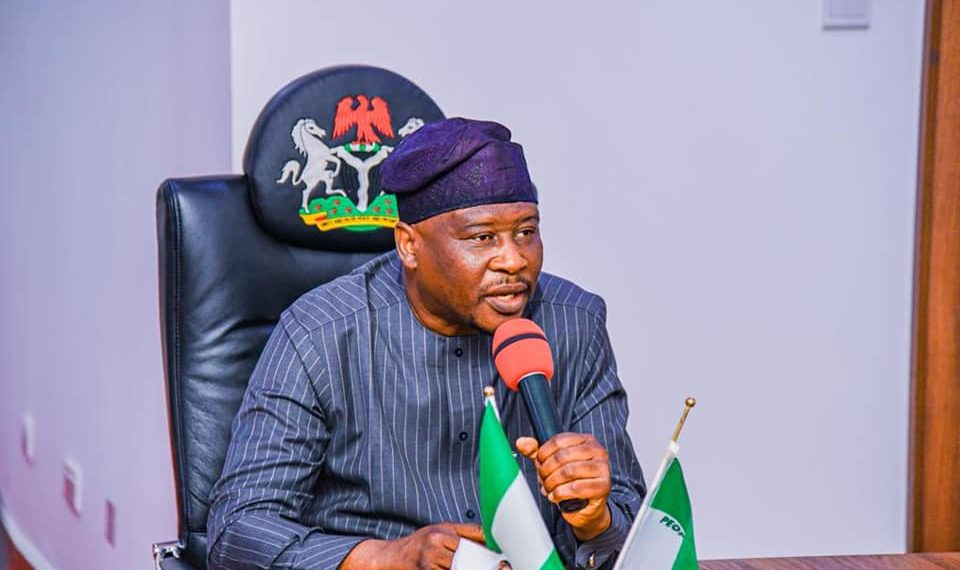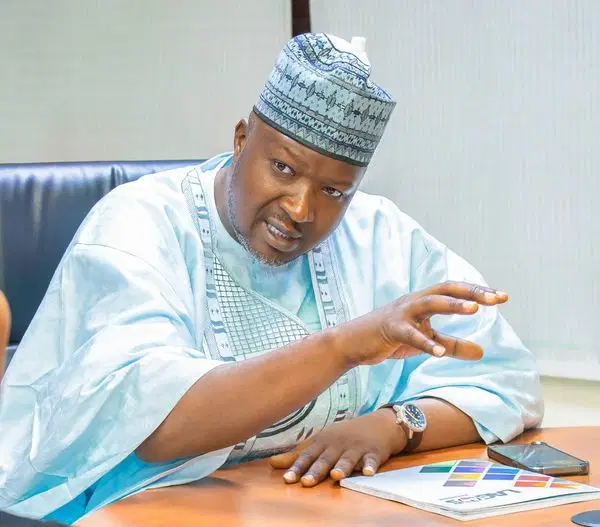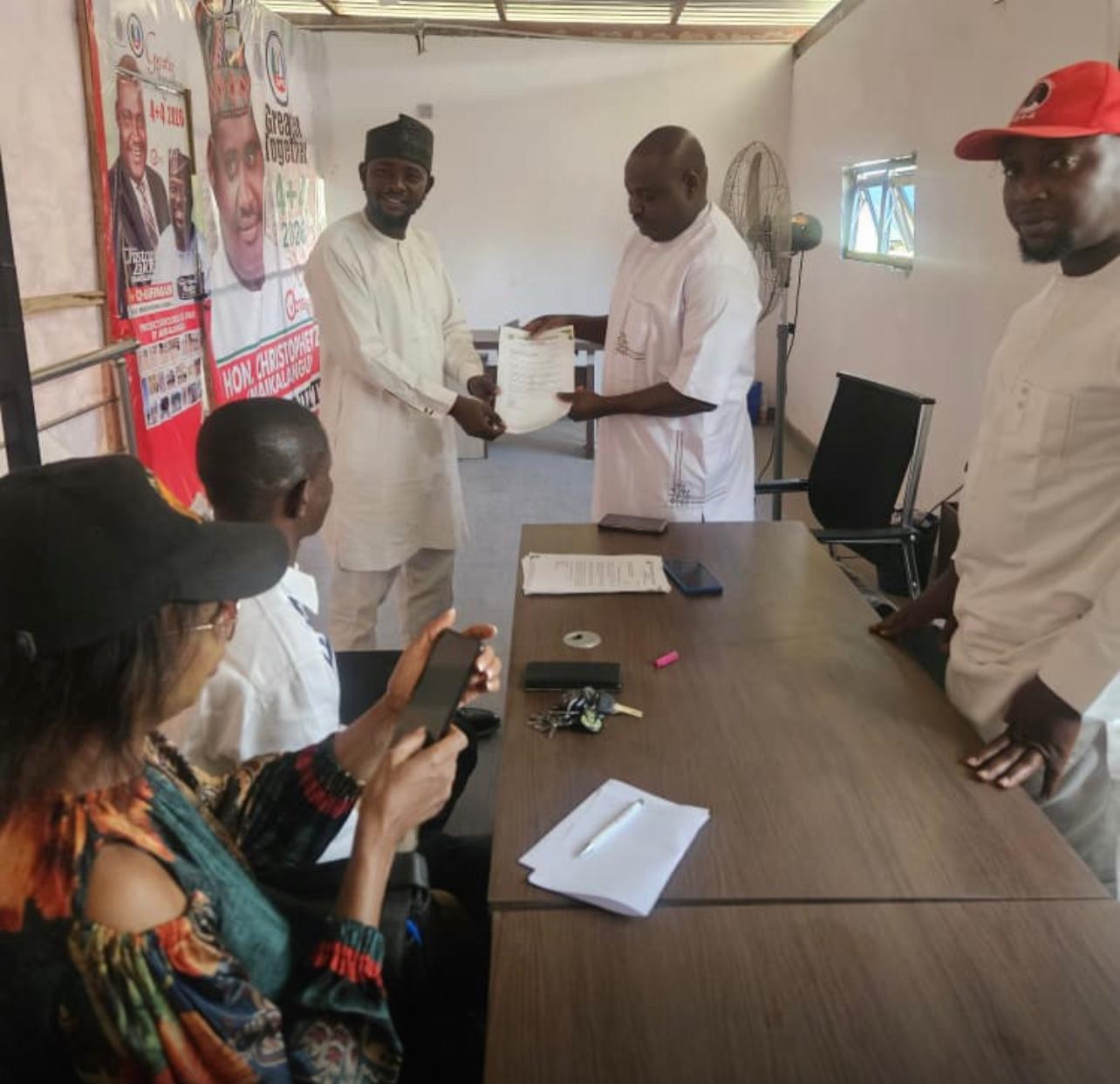Feature
Zaria declaration: Stakeholders urge NASS to regulate constituency projects, push LG autonomy
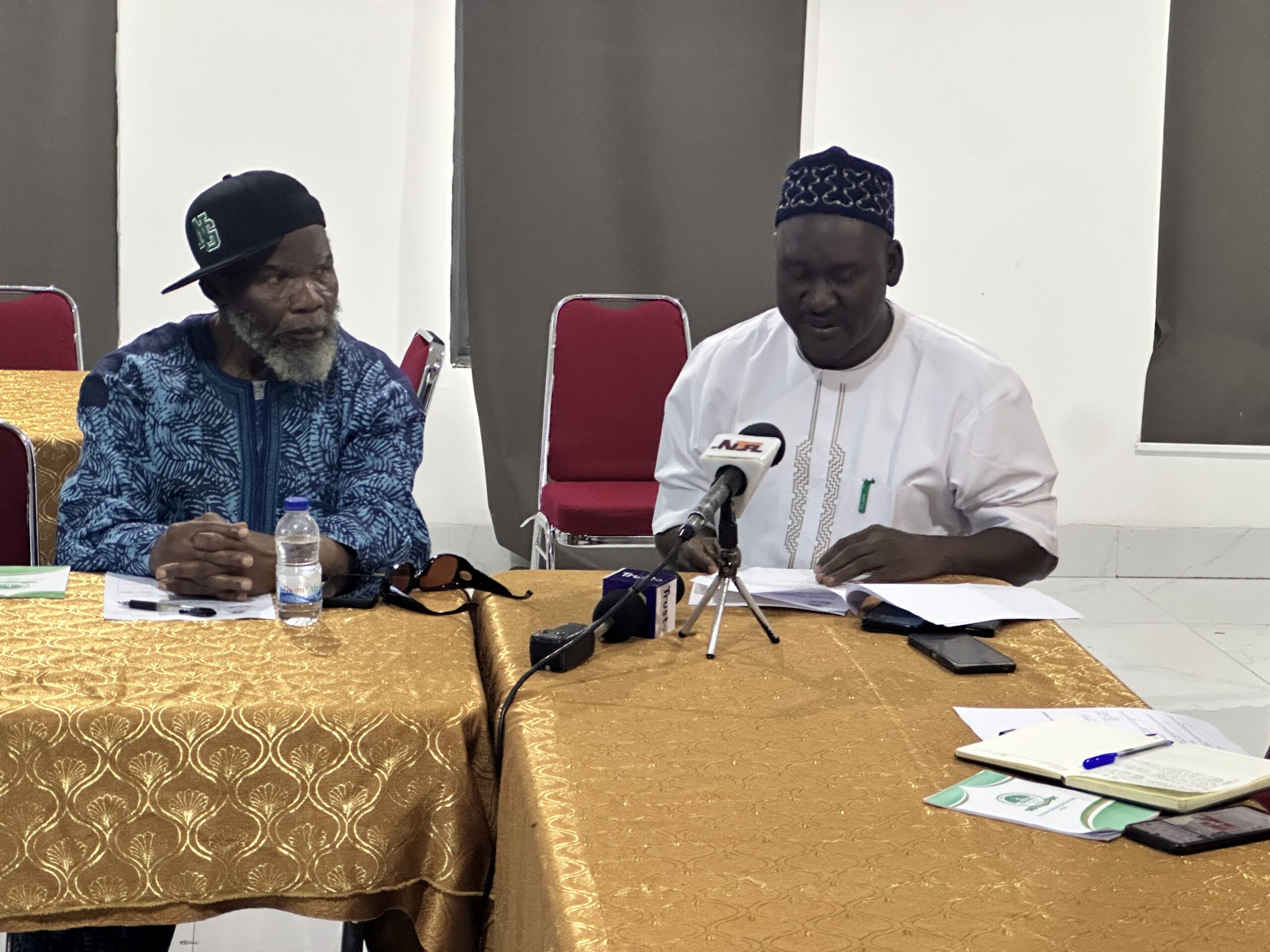
Stakeholders have called on the National Assembly to establish a robust legal framework to regulate constituency projects, ensure transparency and promote sustainability.
Speaking at a roundtable in Abuja, which focused on implementing the Zaria Declaration and strengthening Local Government autonomy, the Executive Director of Civil Society Legislative Advocacy Center, CISLAC, Mr. Auwal Rafsanjani
expressed worry on the current state of constituency projects that had been left abandoned and unaccounted for.
Mr Rafsanjani further explained that essence of the meeting was aimed at implementing the recommendations of the Zaria Declaration to overhaul Nigeria’s fragmented local governance structures and rejuvenate traditional institutions.
Rafsanjani noted that trillions of naira had been wasted on abandoned projects due to lack of prioritization, need assessment, and proper handover.
“Without decisive laws, trillions of naira risk being wasted on abandoned projects, deepening grassroots underdevelopment. Some members say they repair mosques or churches, others take people on pilgrimages, while some build roads where the community actually wants water on the basis of constituency projects,” Rafsanjani said.
He warned against personalizing public projects and called for synergy between constituency projects and local governments to enable public tracking of spending.
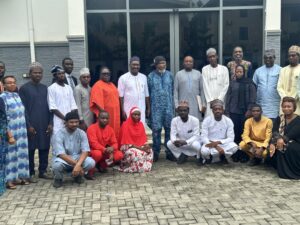
Another participant from the Department of Local Government and Developmental Studies, Amhadu Bello University, Zaria, Professor Dalhatu Jummal, recommended clear maintenance plan and proper coordination approach as prerequisites for completed constituency projects.
“If we are serious about solving poverty, insecurity, exclusion, and inequality in Nigeria, we must begin from the grassroots. We must dismantle the structures of elite capture and revive local governments as engines of development, service delivery, and democratic participation. We must reposition traditional authorities as respected partners in governance, not relics sidelined by modern state structures.”
Acting Director of Democracy and Governance at the National Institute for Legislative and Democratic Studies, NILDS, Dr. Christopher Ngara, said local government budgets were often rubber-stamped without proper legislative oversight and emphasised the need to balance local government financial autonomy with mechanisms for oversight to prevent abuse of resources.
-
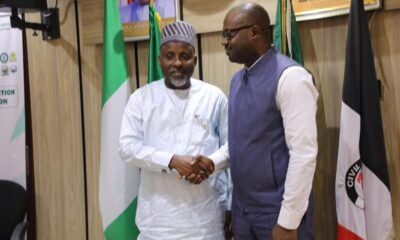
 News2 days ago
News2 days agoInterior Minister Tunji-Ojo reaffirms collaboration with NUJ to enhance transparency
-
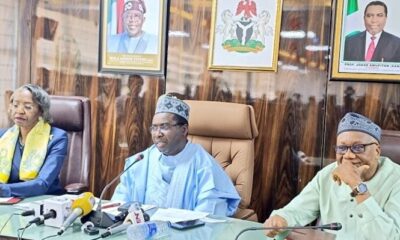
 National News24 hours ago
National News24 hours agoBREAKING: INEC announces new 2027 election timetable, Presidential poll to hold January 16
-

 News1 day ago
News1 day agoDSS frees Walida Abdulhadi Ibrahim
-
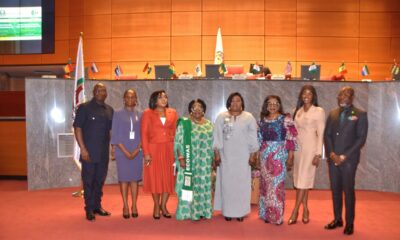
 News2 days ago
News2 days agoAfCFTA Protocol on Women, Youth to boost inclusive trade across ECOWAS region – Trade Directorate
-

 Sports1 day ago
Sports1 day agoD’Tigress coach Wakama names 17-player squad for World Cup qualifiers
-

 News1 day ago
News1 day agoEFCC files petition against Federal High Court judge over alleged terrorism financing
-

 News2 days ago
News2 days agoBREAKING: Tinubu decorates Tunji Disu as acting Inspector-General of Police (IGP)
-

 News2 days ago
News2 days agoActing IGP Disu declares end to Police impunity, seeks public trust


